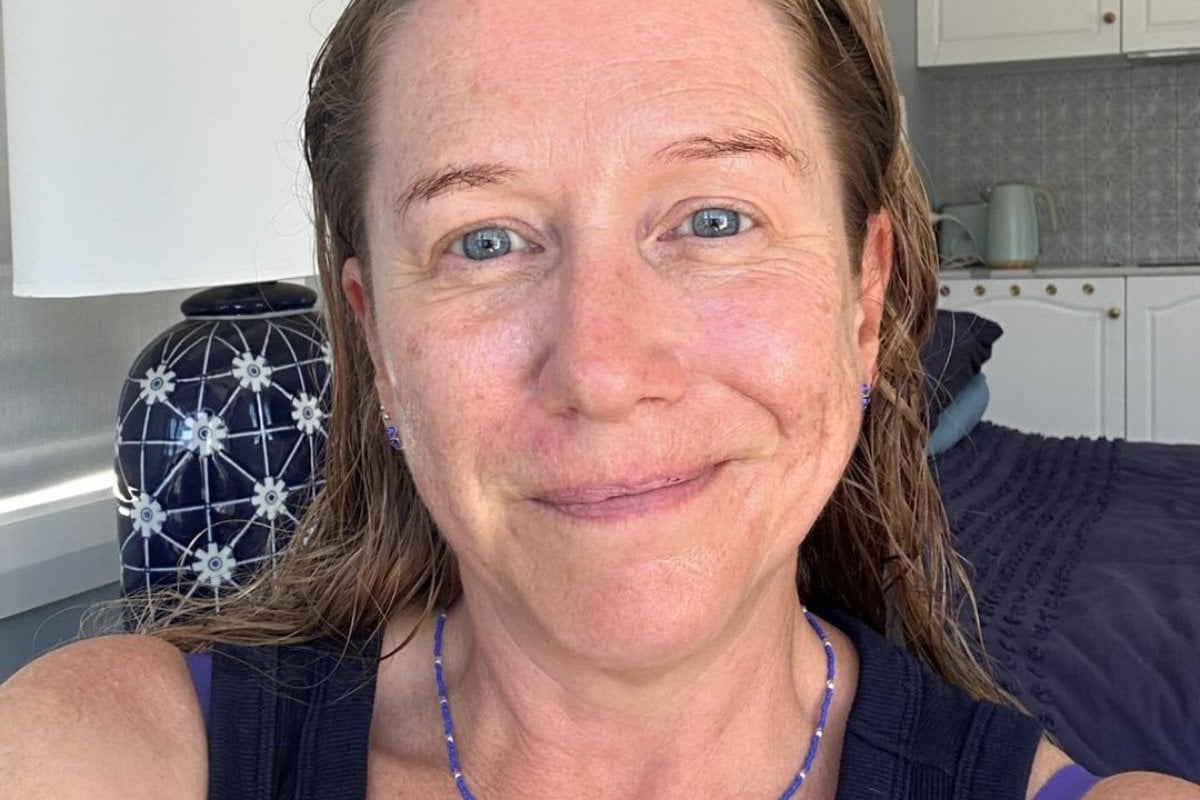
One day I opened a book and I could no longer read.
The words weren't working. I could do a sentence, maybe, before they slid off the page. A few lines before I realised they were not going in. Battle through a page, perhaps, before the pictures the paragraphs were painting pooled into murky puddles, blurring together, not making sense.
It wasn't the books. The writing. The plots. The style. There have, perhaps, never been so many books that I would like to read. There's the one everyone's reading that you're sheepish about not being "across". There are the new ones by my favourite writers — women, almost all — juicy and elegant treats waiting to be unwrapped. There are all the smart ones I wish I'd already read, just to have them sitting in my brain, available for quick access. There are the funny, fresh, fast ones teetering in my TBR bedside pile. There are the ones that will open doors to other worlds for me, other experiences, the ones that welcome me inside brains so different from my own, let me slip my feet into unfamiliar shoes. There are the ones that are solace, entertainment, learning, nourishment. There are All. The. Books.
Books have always been a constant. I read, I write, I talk. Those are my interests, those are my skills, that is what I do for a living.
And then, I couldn't.
Awkward. Really, really awkward.
The first time the readers' block happened, I was afraid. Was my brain broken? Had something happened inside it to close this door? Because that's how it felt, like a wall that couldn’t be penetrated by words. That's how writers' block feels, too, by the way, and why its name is so perfect. It's like a hard, calcified barrier between what I can imagine and what I can express. Pushing against it feels like marathon physical effort. And so it was with words on a page.
Top Comments